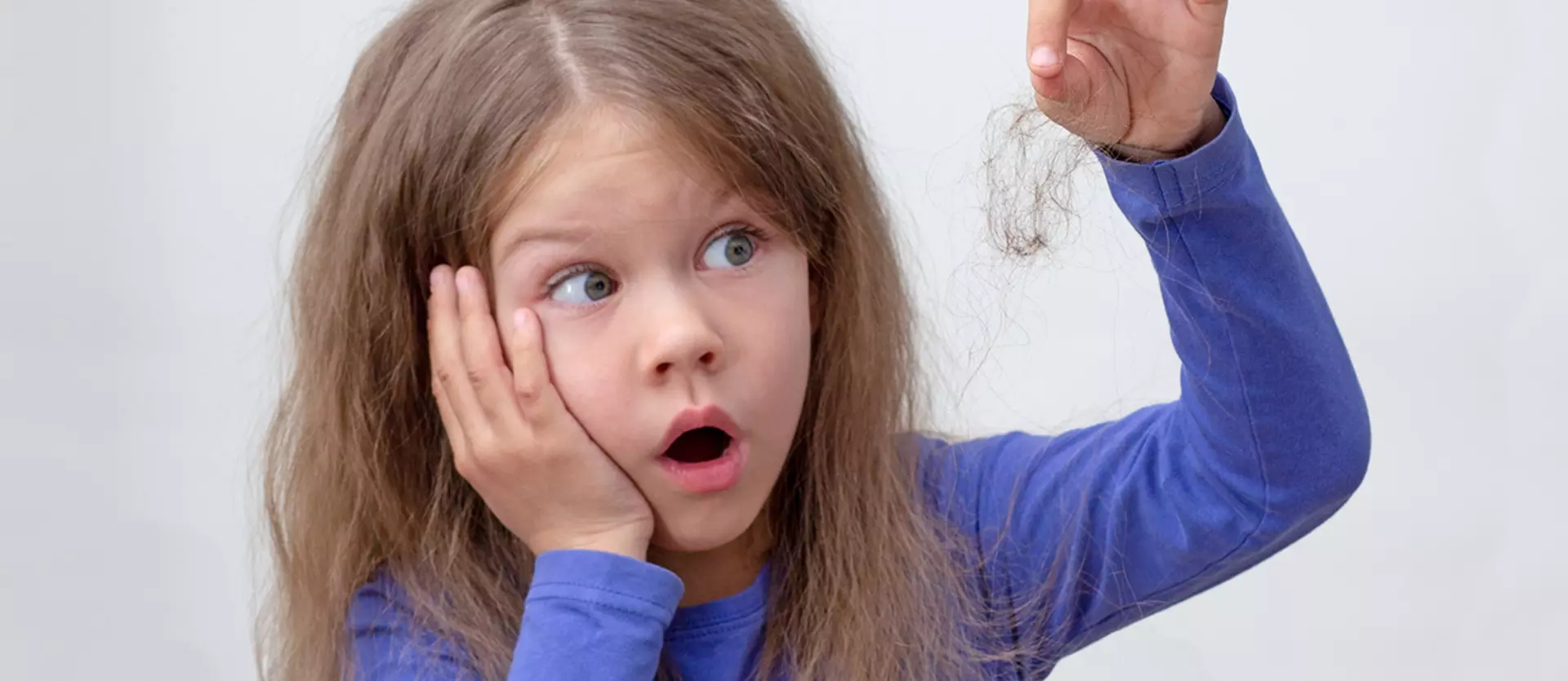Many people view hair loss as part of aging, especially if older family members have experienced it. In some cases, you can’t stop hair loss from happening. As an adult, you might experience hormonal hair loss at certain times or maybe medical hair loss if you have a condition or illness that might cause it.
But what about children? It seems odd to think about a child’s hair falling out, but it can occur. If you do notice this happening, the first port of call should always be your healthcare provider.
Is It Normal for Children’s Hair to Fall Out?
It’s not rare, but it may not be something you’re aware can occur, either. It can be caused by a range of things, hence why a visit to your healthcare provider is a good starting point.
It could be that they’re experiencing a scalp disorder such as seborrheic dermatitis. This is common among babies and children and is also known as cradle cap. You might notice flakes of skin in the hair if this is the cause, along with scaly skin. The scaliness and the itching it causes can potentially lead to a loss of hair. This can be treated by topical steroids or anti-fungal ointments, so it’s best to get confirmation of this as the cause, so you can start your child on the right treatment.
Another possibility is tinea capitis. This is a fungal infection sometimes referred to as scalp ringworm. If your child shares a comb with another child who has this fungus, it will spread to affect them, too. Even though it causes hair loss, it is treatable, and eventually the hair will regrow once the fungus is taken care of. One study found that tinea capitis was the most likely cause of hair loss in children.
Is Alopecia Areata Common in Children?
As is true of hair loss in general, we usually associate alopecia with adults, yet it can occur in children too. Indeed, in many cases, people have their first experience of alopecia as children. In this case, it’s known as pediatric alopecia areata.
One study suggests that it could be slightly more prevalent among girls rather than boys. It’s also believed that children who present with alopecia areata prior to the age of five could be at greater risk of developing more severe hair loss as they get older.
Alopecia areata presents the same in children as in adults. They’ll lose patches of hair on the scalp. There are treatments that can help with hair growth, such as minoxidil. Fortunately, most children that experience this type of hair loss will grow hair again in the affected areas.
Which Vitamin Deficiency Causes Hair Loss?
There are a few vitamins, including B12 and biotin, that are potentially associated with an increased risk of hair loss. Blood tests can identify whether there is a lack of one or more vitamins. In some cases, doctors might prescribe a supplement (sometimes stronger than anything you could purchase) to remedy the issue. This should lead to an improvement in the situation.
How Do You Fix Hair Loss in Kids?
We’ve seen there are several ways a child can experience hair loss, so it’s important to identify the reason first. Tinea capitis is often the culprit, and with treatment, hair begins to grow back relatively quickly. Cradle cap also requires treatment to help improve the situation.
Another possibility is called trichotillomania. If you notice your child regularly twisting their hair between their fingers and pulling out strands, this could be the culprit. The good news is that if they stop, the hair will begin to regrow. This tends to be a comfort habit, so it’s important to find out why they do it and to redirect them to do something else instead. For instance, fiddle toys are good to play with and redirect their attention away from their hair.
You can see there are multiple reasons why a young child might start to lose their hair. Promisingly, most scenarios will be resolved once the correct reason is identified, so any relevant treatment can begin. Most children will be able to regrow whatever hair they’ve lost before that point.
To learn more about hair loss prevention treatments, contact the team at Unique Hair Concepts for a free, private consultation.






